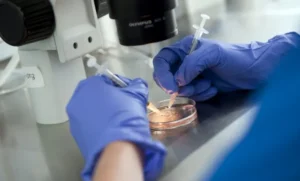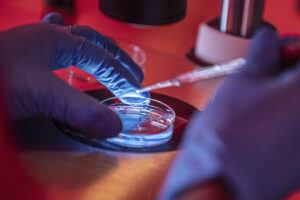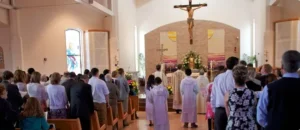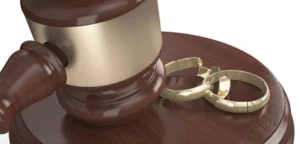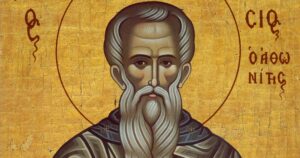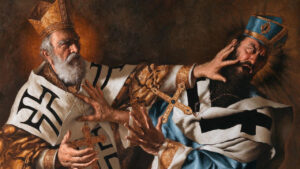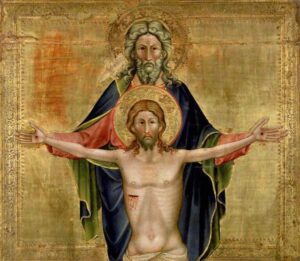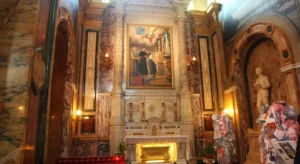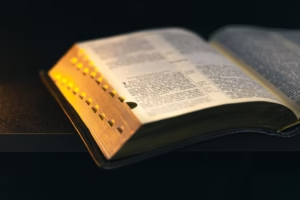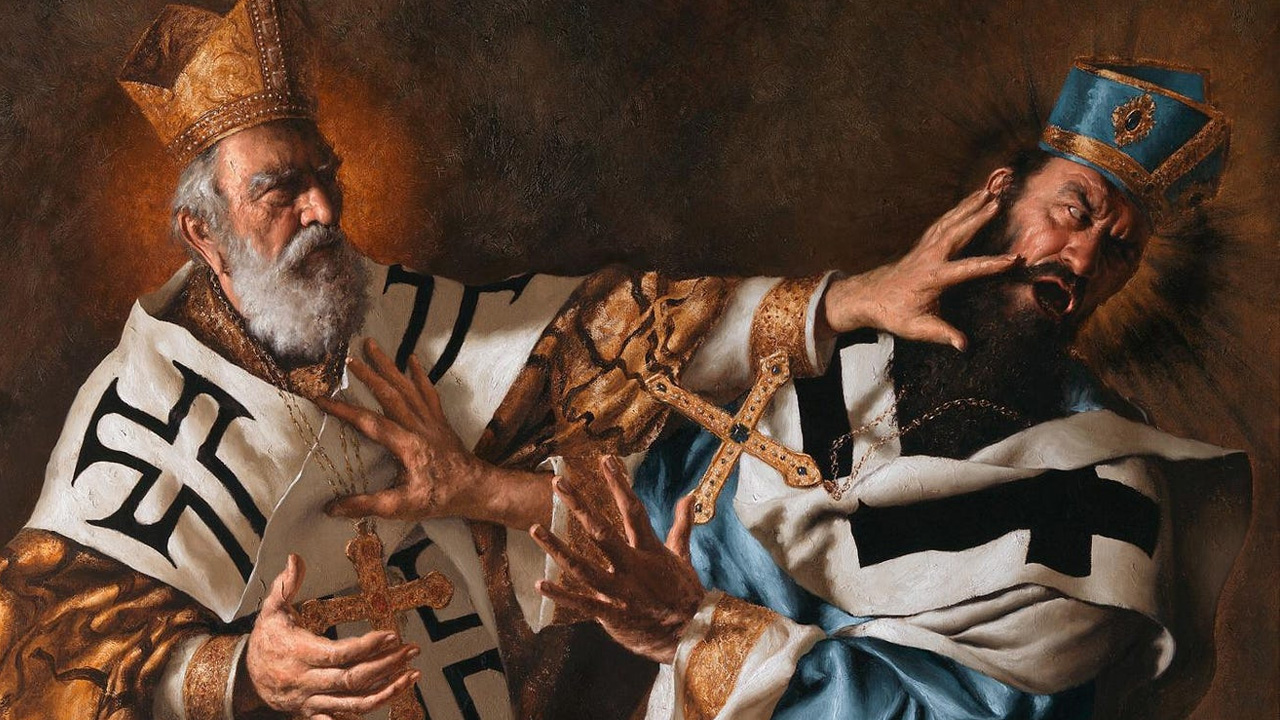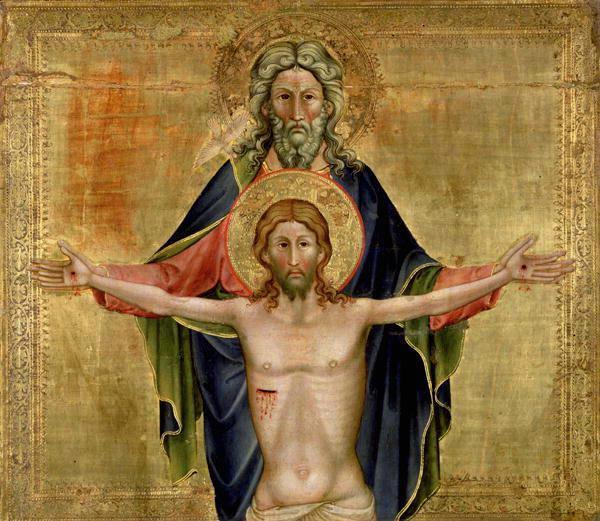Nicaea. 1700 years have now passed. This year—2025—we commemorate the 1700th anniversary of one of the most crucial events in the history of the Church: the Council of Nicaea, convened in the city of that name between May and June of 325 AD. This council, the first of the ecumenical, that is, universal councils, confronted one of the most pernicious heresies to have threatened the Christian faith throughout its twenty centuries of history. The “symbol” or “creed” that resulted from it established the proper terms for the faith we have professed since the Apostles, dispelling, at least on paper, the heretical threat (the real struggles—ecclesial and political—would continue for another century). Today, the struggle that had its epicenter in Nicaea remains profoundly relevant. Neo-Arianism is very much alive and active. Perhaps the most manifest form it takes in our time is the depreciated concept that the world—and worldly Catholics, who in some regions are the majority—has of the Church: just another charitable association, perhaps the most extensive and ancient one, but a merely earthly reality. This is nothing but the consequence of the diminishing of Christ, a central characteristic of many modern Christologies. Jesus Christ who is merely another avatar of the Eternal Word, alongside Buddha, Muhammad, and any number of other particular saviors we might imagine—the core of the salvific pluralism that the instruction Dominus Iesus sought to counter during the Jubilee of 2000—is one example. The Christ who is increasingly human and increasingly less divine, or, at best, “divine” in a New Age style, presented to us by so many modern versions (even on television and in film), is another example.That Jesus—a mere Eastern teacher, a likeable guru, a companion who comes to bring love and optimism to this sorrowful world, an example, a model, a wonderful man, a luminous consciousness of our identification with God… but not the personal God, the second person of the Holy Trinity, transcendent, eternal, consubstantial with the Father—is an Arian Jesus, though even Arius himself might have been incensed by many of these characterizations.
For Arius, Jesus Christ was an extraordinary figure. Like all professional demoters who know how to do their job well, he never stinted in his praise of Christ. Arius was willing to grant Jesus all honors, exclusivity in his relationship with the Father, the fullness of holiness, even association in the act of creation—as an instrument—primacy and supremacy over the angels themselves. The only thing he could not acknowledge in Him was divinity in the strict sense. Jesus Christ is as extraordinary as we could wish; after God, He comes next, and only far below Him is the rest of creation. But He is not God in the strict sense. Arius could even acknowledge His divinity in a broad sense. Not in the vulgar sense in which modern sentimentalists consider everything “divine,” from a television host’s hairstyle to the latest trendy starlet’s haircut. No; in a stronger sense, as a kind of divinization that comes from God and transforms the one who receives it—Jesus, in this case—into a likeness with the Almighty that does not allow us to clearly distinguish one from the Other. But they are distinct. God is God, Jesus Christ is almost God. He is like God. That is Arius. The new Arians perform juggling acts very similar to those of the old founder of the heresy; and sometimes, it must be acknowledged, they seem to avoid planting their feet squarely in the heresy proper, merely ending up foul-smelling and somewhat stinking. They are, like many of Arius’s supporters at the Council of Nicaea, merely philo-Arians. The original Arius, Nicaea, metaphorically beheaded—forever (as I said, on paper, because there would still be decades and even centuries of ecclesial and political battles). The new Arians, Nicaea continues to pummel them today, except that most of our contemporaries neither know Nicaea nor identify the neo-heretics. We must, therefore, update our faith. And that is what we will try to do throughout this year with some of our reflections.
Original Post: Here

